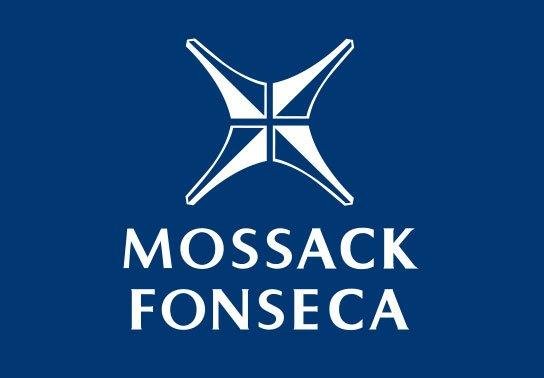The source who leaked the so-called Panama Papers from the Panama-based law firm Mossack Fonseca has published a manifesto citing income inequality as one of "defining issues of our time," and claiming he is willing to submit the Papers to police "to the extent that I am able." Photo by Mossack Fonseca/
Google Plus
BERLIN, May 7 (UPI) -- The anonymous source behind the leak of 11.5 million Mossack Fonseca documents referred to as the Panama Papers claims income inequality is "one of the defining issues of our time," according to his manifesto.
Operating under the name John Doe, the whistleblower published his missive in the German newspaper Süddeutsche Zeitung Friday, saying he is willing to provide help to investigating authorities in exchange for protection.
"In the end, thousands of prosecutions could stem from the Panama Papers, if only law enforcement could access and evaluate the actual documents," Doe wrote. "I, however, would be willing to cooperate with law enforcement to the extent that I am able."
Mossack Fonseca
Insisting he has never worked for a government or intelligence agency as an employee or contractor, the source asserted he initially released the Mossack Fonseca documents to the Süddeutsche Zeitung newspaper and International Consortium of Investigative Journalists "not for any specific political purpose, but simply because I understood enough about their contents to realize the scale of the injustices they described."
John Doe honed in on Fonseca -- the law firm with which many of the world's elite worked to maintain offshore accounts used as tax havens -- claiming the company broke laws in addition to bending them.
The firm "used its influence to write and bend laws worldwide to favour (sic) the interests of criminals over a period of decades," he said.
"I decided to expose Mossack Fonseca because I thought its founders, employees and clients should have to answer for their roles in these crimes, only some of which have come to light thus far. It will take years, possibly decades, for the full extent of the firm's sordid acts to become known," the source added.
Protection for whistleblowers
In the 1,800-word statement, the whistleblower of still-unknown nationality focused much of his criticism on the United States and its treatment of NSA information leaker Edward Snowden.
"For his revelations about the NSA, he deserves a hero's welcome and a substantial prize, not banishment," Doe wrote before discussing others like Bradley Birkenfeld, who released information on the Swiss bank UBS and was thus sentenced to prison, and Antoine Deltour, who provided journalists with information about Luxembourg's "'sweetheart' tax deals."
"Legitimate whistleblowers who expose unquestionable wrongdoing, whether insiders or outsiders, deserve immunity from government retribution, full stop," he wrote. "Until governments codify legal protections for whistleblowers into law, enforcement agencies will simply have to depend on their own resources or on-going global media coverage for documents."
Revolution
Doe pointed out in his manifesto discussions about the ethical issues surrounding tax havens only began after news of the Panama Papers went viral. He also noted toward the end of his piece "limitless digital storage and fast Internet" will be the bedrock of a new revolution.
"It doesn't take much to connect the dots," he concluded, "from start to finish, inception to global media distribution, the next revolution will be digitized. Or perhaps it has already begun."















